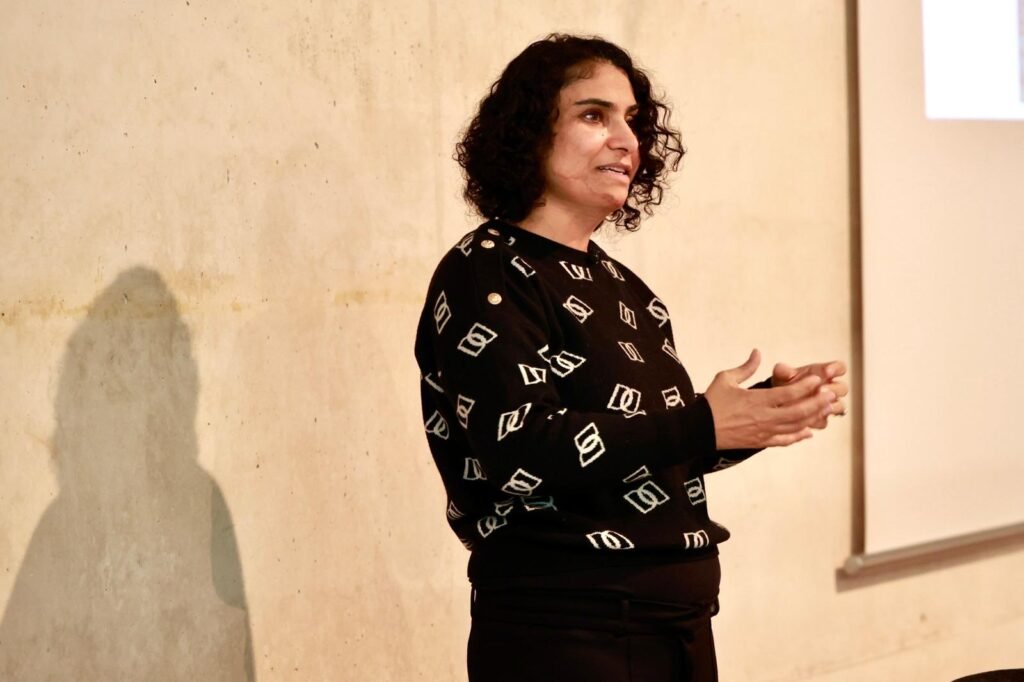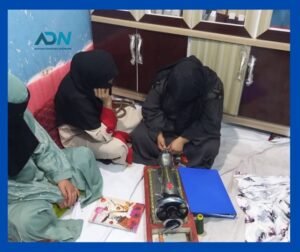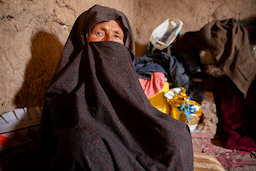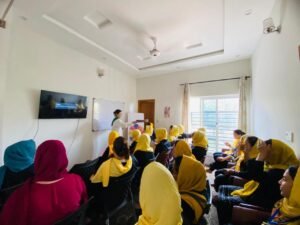For a Future with Freedom: The Urgency of Defending Girls’ Education in Afghanistan

Afghan women rights activist, Nadia Ghulam. Photo: @private
By Nadia Ghula
It has been four long years since Afghan girls were forced out of their classrooms. Four years of dreams locked away, of books unopened, of voices silenced before they could grow strong. As a new academic year begins in much of the world, in Afghanistan it begins with heartbreak—for millions of girls once again left behind.
Since the Taliban’s return to power in August 2021, the grip on women’s lives has only grown tighter. Teenage girls are banned from secondary education. Women have been pushed out of jobs, erased from public life, stripped of autonomy. Streets that once echoed with laughter and purpose now feel quieter, heavy with absence. The absence of girls in uniforms. Of mothers walking their daughters to school. Of hope.
But behind this silence lies suffering—and deep, human loss. Girls who once dreamed of becoming doctors, engineers, or teachers now sit at home with minds full of promise but no path forward. Women who once carried their families through work now face survival with empty hands and fading dignity, diminished by rules that reduce them to shadows.
This is not just a political crisis—it is a human one.
These restrictions are not rooted in faith or tradition. They are rooted in control. A deliberate, systematic effort to erase half a nation’s population from public life. Even the few women still permitted to work do so under immense fear and scrutiny. Every word, every step, every garment judged. This is not just oppression—it is the daily breaking of a spirit.
We must not let this become normal. We must not turn away.
Education is not a privilege—it is a right. It is the torch that lights the way out of darkness. It allows young people to think, to grow, to imagine a future. To deny Afghan girls this right is to steal not only their future, but Afghanistan’s as well.
That is why Amnesty International has raised its voice again, calling on the Taliban to end their discriminatory policies and reopen schools to all girls. But words are not enough. The international community must respond with resolve. Not with force, but with focused action: targeted sanctions against those responsible, travel bans, and economic aid made conditional on respecting human rights—especially the right to education.
Here’s what must happen:
- Every girl, in every province, must be allowed to return to school.
- Discriminatory policies must be dismantled.
- The global community must stand up for Afghan women and girls.
As global citizens, we cannot remain silent. The struggle of Afghan girls belongs to all of us. Because a world where a child is punished simply for wanting to learn is a world without justice.
Peace is more than the absence of war. It is the presence of dignity, of dreams, of the freedom to become who we are meant to be.
So today, as classrooms open in other parts of the world, let us lift our voices for those girls in Afghanistan who face locked gates instead of open doors. Let us carry their hopes in our hearts—until the day they can carry them freely in their own hands once again.
Nadia Ghulam is a woman rights activist based in Spain.
Note: The contents of the article are of sole responsibility of the author. Afghan Diaspora Network will not be responsible for any inaccurate or incorrect statement in the articles.










